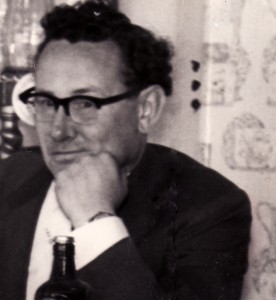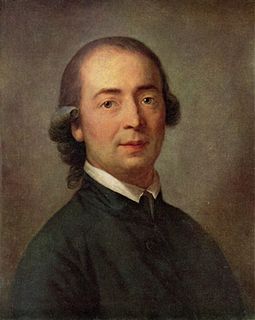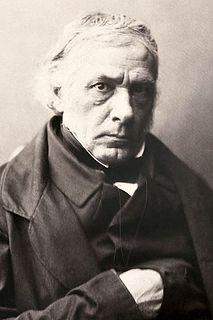A Quote by Henry David Thoreau
When the ground was partially bare of snow, and a few warm days had dried its surface somewhat, it was pleasant to compare the first tender signs of the infant year just peeping forth with the stately beauty of the withered vegetation which had withstood the winterdecent weeds, at least, which widowed Nature wears.
Related Quotes
Spring flew swiftly by, and summer came; and if the village had been beautiful at first, it was now in the full glow and luxuriance of its richness. The great trees, which had looked shrunken and bare in the earlier months, had now burst into strong life and health; and stretching forth their green arms over the thirsty ground, converted open and naked spots into choice nooks, where was a deep and pleasant shade from which to look upon the wide prospect, steeped in sunshine, which lay stretched out beyond.
It was a day in early spring; and as that sweet, genial time of year and atmosphere calls out tender greenness from the ground,--beautiful flowers, or leaves that look beautiful because so long unseen under the snow and decay,--so the pleasant air and warmth had called out three young people, who sat on a sunny hill-side enjoying the warm day and one another.
I had fallen in love. What I mean is: I had begun to recognize, to isolate the signs of one of those from the others, in fact I waited for these signs I had begun to recognize, I sought them, responded to those signs I awaited with other signs I made myself, or rather it was I who aroused them, these signs from her, which I answered with other signs of my own . . .
I was remembering the things we had done together, the times we had had. It would have been pleasant to preserve that comradeship in the days that came after. Pleasant, but alas, impossible. That which had brought us together had gone, and now our paths diverged, according to our natures and needs. We would meet again, from time to time, but always a little more as strangers; until perhaps at last, as old men with only memories left, we could sit together and try to share them.
Have you never observed that children will sometimes, of a sudden, give utterance to ideas which makes us wonder how they got possession of them? Which presuppose a long series of other ideas and secret self-communings? Which break forth like a full stream out of the earth, an infallible sign that the stream was not produced in a moment from a few raindrops, but had long been flowing concealed beneath the ground?
The stately heavens which glory doth array, are mirrors of God's admirable might; there, whence forth spreads the night, forth springs the day. He fix'd the fountains of this temporal light, where stately stars enstall'd, some stand, some stray, all sparks of his great power (though small) yet bright. By what none utter can, no, not conceive. All of his greatness, shadows may perceive.
Sweet pliability of man's spirit, that can at once surrender itself to illusions, which cheat expectation and sorrow of their weary moments! - long - long since had ye numbered out my days, had I not trod so great a part of them upon this enchanted ground. When my way is too rough for my feet, or too steep for my strength, I get off it, to some smooth velvet path which fancy has scattered over with rose-buds of delights; and have taken a few turns on it, come back strengthened and refreshed.


































